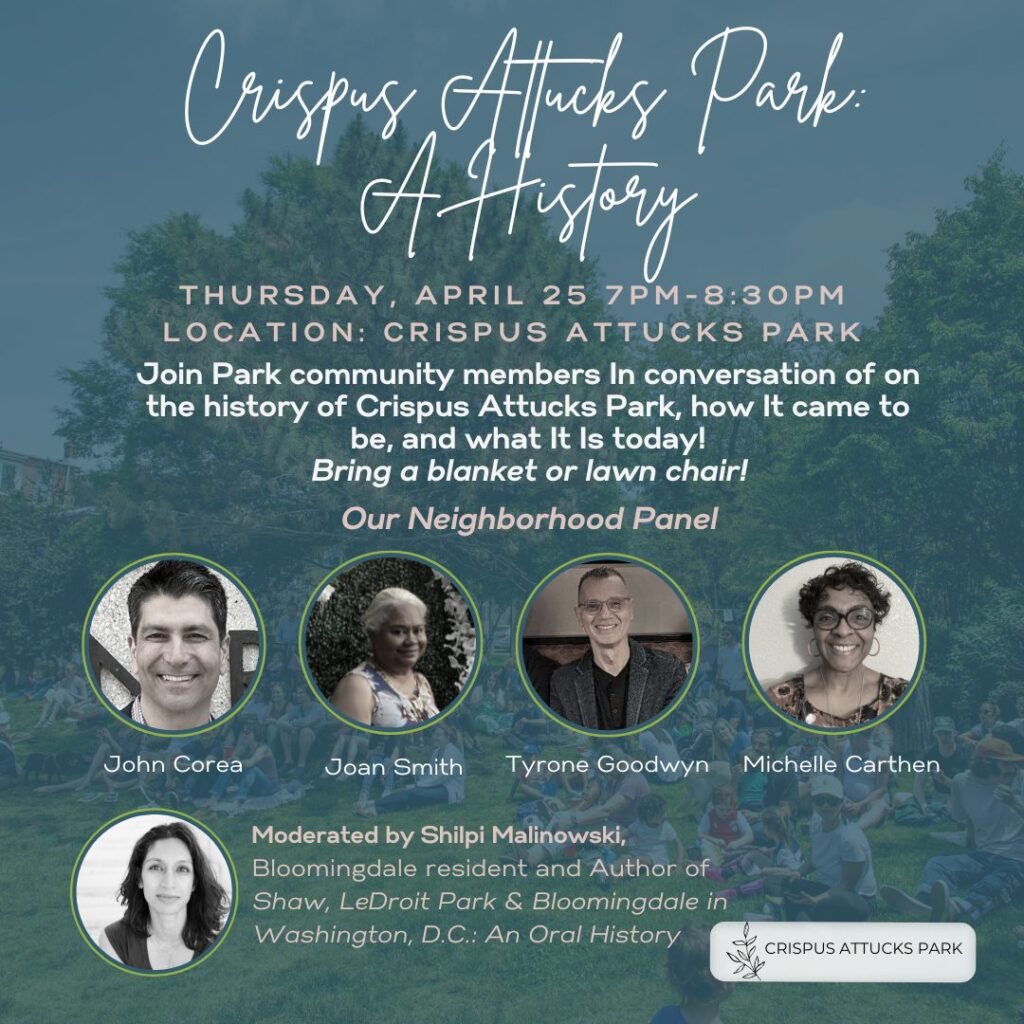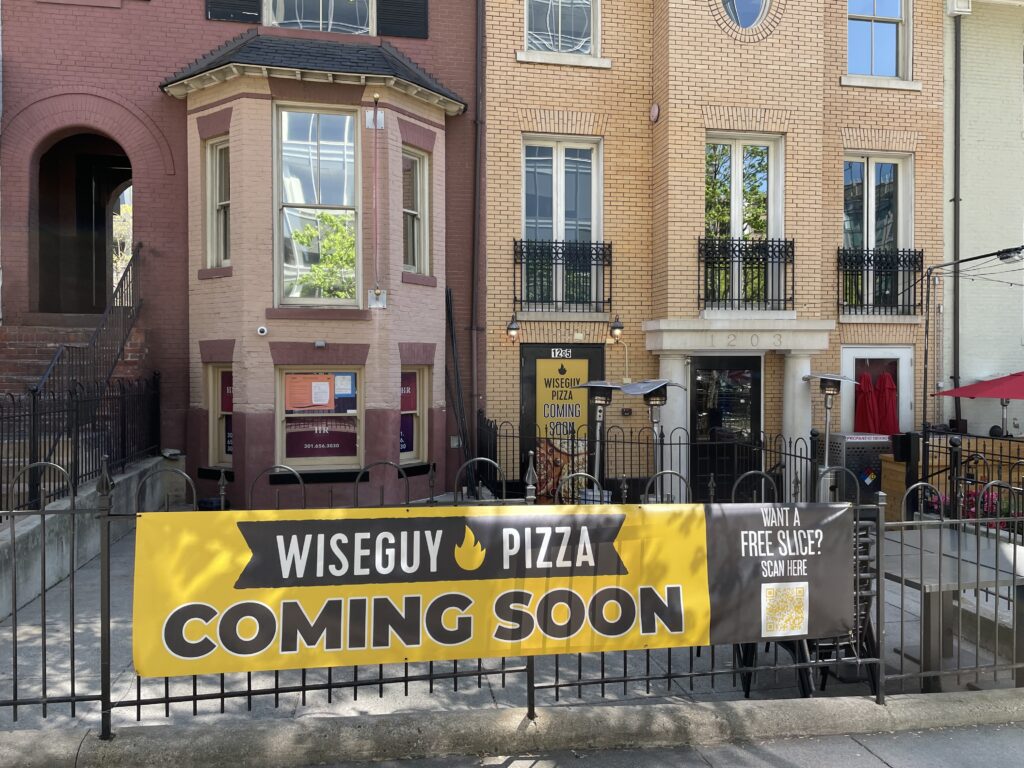This column in written by Randy LiVorsi, of the District Residential Group. A DC resident for 16 years, he is licensed in DC and VA. Randy holds a Masters in Organizational Management and Development and is a certified project manager with a current PMP. Each month he will dig into all things DC area real estate. He is also a General in the KISS Army, so get ready to rock and real estate all night, and party every day!
For first time home buyers, one of the most ‘understudied’ and intimidating parts of the purchase transaction is the process of selecting not just a lender, but also discerning what mortgage product best fits their needs.
In my experience, the most common reason first time buyers shy away from adeptly navigating this component revolves around one thing — fear.
Fear of the unknown, fear of the perceived complexities of both the products as well as the process of obtaining a mortgage. Like anything else, if an emotion drives behavior that leads to avoidance, it can result in an unnecessary ‘handicap’ that can be costly.
In this month’s installment, I share three tips to amp up your readiness as a buyer and a bonus fourth for the real overachievers!
1. Eliminate ego and critically assess your own level of knowledge.
Read, read, read, read… and then read more. Don’t be intimidated by what you identify as shortcomings.
Create a punch list of those specific items — whatever they may be (eg. the difference Fixed Rate Mortgage (FRM) vs. an Adjustable Rate Mortgage (ARM).
Next, do independent research — there’s no one you will trust more than yourself. Don’t rely on what your friend said last week — there are too many extraneous variables specific to YOUR purchase goals that likely do not align with the well meaning advice of your friend.
2. Establish a comfortable baseline where you can confidently speak to a loan officer without experiencing crippling levels of anxiety or nervousness.
Have a list of questions from your first round of research and take notes when you are speaking with lenders about the specific details, terms or nuances that felt foreign to you. You now have your second punch list.
Don’t get overwhelmed — cater your research approach around what you’ve found works in your current profession.
Carve out time — make it a priority. Schedule a second call with the lender(s) and ask them to clarify anything you are unsure about. Be frank with them if they need to speak with less industry jargon — they will appreciate the candor and respect your efforts to be an informed client.
3. Absolutely do not fixate on a specific mortgage payment dollar amount based on what you are currently paying in rent.
I can not stress this enough. My experience with first time buyers when I tell them this is understandably met with natural skepticism and a slanted eye.
I get it — normal instincts will cause them to potentially see my advice as being unethically influenced by my desire to make a commission check. I can’t control that nor do I expect to earn anyone’s trust immediately. However, a mortgage payment is not an apple to apple comparison to your monthly rental cost.
Don’t take my word for it though — get back to work and do the following:
Research “mortgage interest tax deduction.” Doing this will help you understand why hyper-focusing on what you are paying in rent is too simple of an approach.
And that’s just one of the variables the best educated first time home buyers will learn about BEFORE jumping into the market.
One of the most robust, free online tools is The New York Times “Is it Better to Buy or Rent?” This tool is one of the best I’ve found because it doesn’t over-simplify the rent vs. own comparison (which many bank sponsored calculators tend to do). It allows you to adjust and input for specific variables such as how long you plan on being in the home, whether you file taxes independently or jointly, and many, many others.
For specific tax related questions, consult a tax professional!
4. Understand Diversification and Why Paper Assets are Not Enough
A deeper understanding of broader financial concepts will help ensure you don’t over-allocate assets to one specific category.
If you have a financial advisor, they can certainly be a resource. Be wary if they are compensated through selling you specific products.
My advice to clients is to have a diversified portfolio. That means you have a balance between ‘paper assets’ like stocks and bonds and other investments — like real estate. Challenge yourself by picturing where you want to be in 30 years – what financial moves can you make now to make that outcome more likely?
“Over time, [diversification has] evolved to understand that stocks and bonds aren’t necessarily enough, because fundamentally, those two tend to move in lock step with one another in predictable ways, and that could be a danger.
Really the idea is, diversifying you away from things that move in lock step with the market.” Learn more here.
Recent Stories

For many remote workers, a messy home is distracting.
You’re getting pulled into meetings, and your unread emails keep ticking up. But you can’t focus because pet hair tumbleweeds keep floating across the floor, your desk has a fine layer of dust and you keep your video off in meetings so no one sees the chaos behind you.
It’s no secret a dirty home is distracting and even adds stress to your life. And who has the energy to clean after work? That’s why it’s smart to enlist the help of professionals, like Well-Paid Maids.

Unlock Peace of Mind for Your Family! Join our FREE Estate Planning Webinar for Parents.
🗓️ Date: April 25, 2024
🕗 Time: 8:00 p.m.
Metropolitan Beer Trail Passport
The Metropolitan Beer Trail free passport links 11 of Washington, DC’s most popular local craft breweries and bars. Starting on April 27 – December 31, 2024, Metropolitan Beer Trail passport holders will earn 100 points when checking in at the
DC Day of Archaeology Festival
The annual DC Day of Archaeology Festival gathers archaeologists from Washington, DC, Maryland, and Virginia together to talk about our local history and heritage. Talk to archaeologists in person and learn more about archaeological science and the past of our








